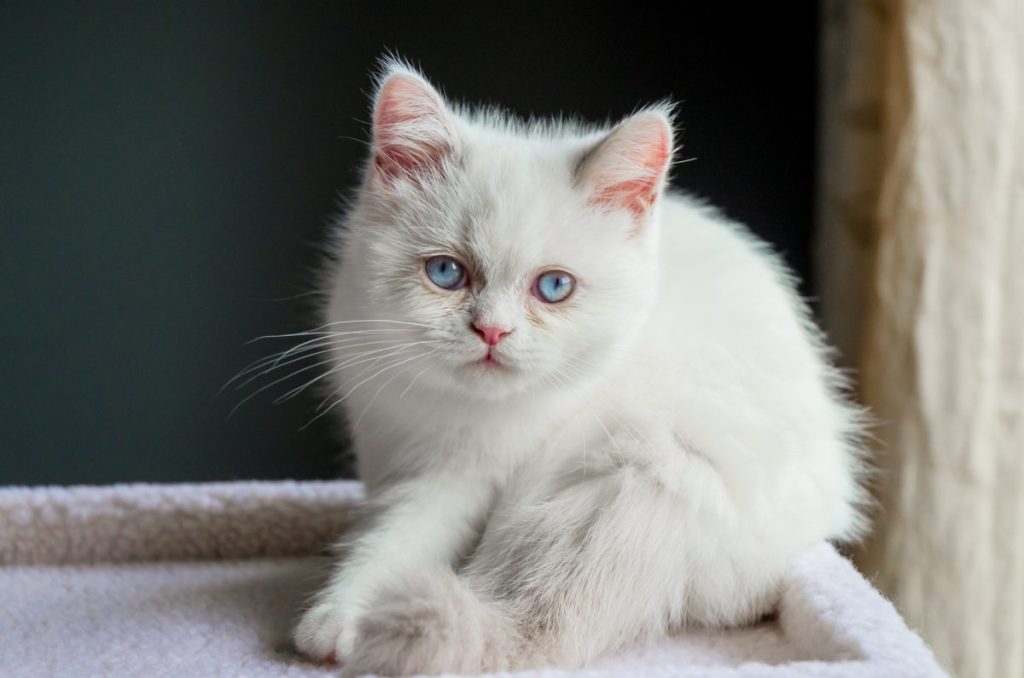The Napoleon cat breed, also known as the Minuet cat, is a deliberate cross between the elegant Persian and small-statured Munchkin. The Minuet cat breed has short legs from the Munchkin cat and long fur thanks to their Persian lineage. These unique short legged cats have beautiful coats that can come in many colors and doll-like expression with their big,…

An adorable video of a cat named Kai’s before and after relationship with his human baby sibling has left the…

